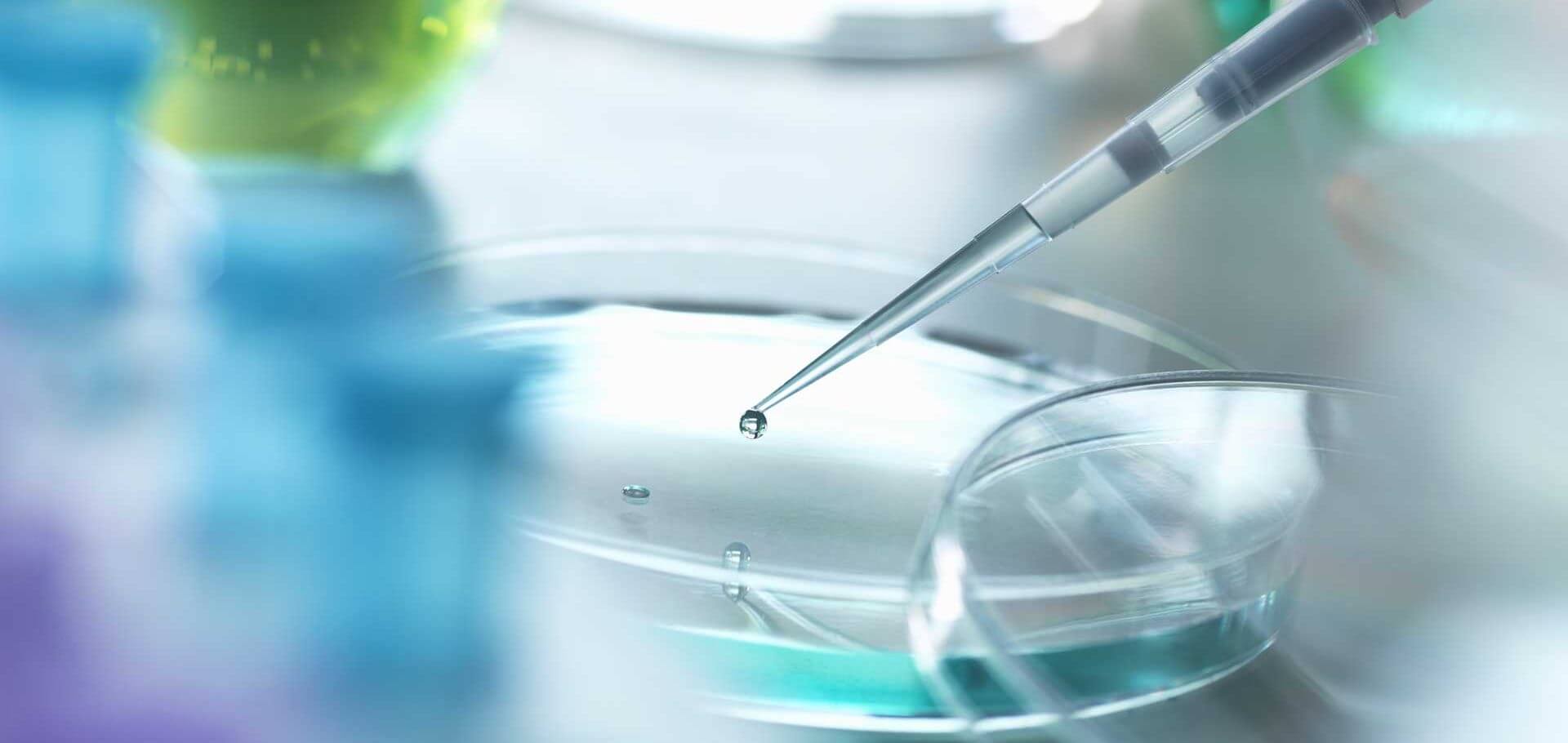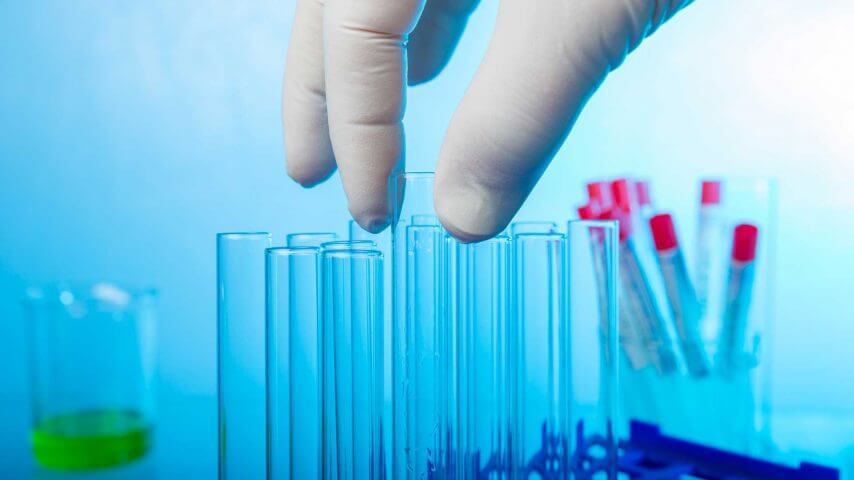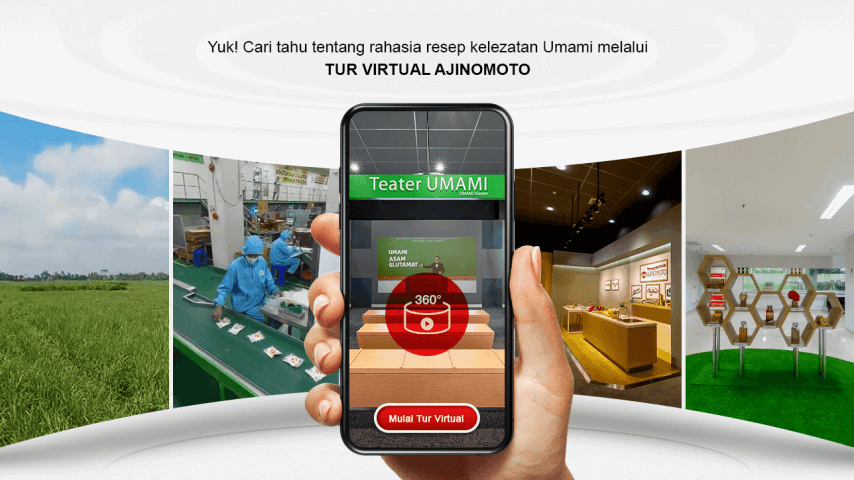
Table of Contents
Dr. Shinya Yamanaka began his career as an orthopedic surgeon but realized that even talented surgeons could not cure intractable diseases. Experience seeing patients with such diseases as rheumatism and bone cancer had made him decide to start over – as a research scientist.
Humans begin life as a fertilized egg called a zygote. The cell divides and multiplies until there are more than a trillion of them in the body. As cells grow they become more specialized, eventually forming the various cell types of the body such as the heart, brain, bone, muscle and skin cells.
In the early stage, cells have the potential to become any type of cell in the human body, a characteristic that is called “pluripotency.” For decades, scientists have dreamed of using pluripotent cells, a kind of stem cell, to advance human health. Stem cells might even allow doctors to regenerate parts of failing organs.
According to previous studies, genes are switched on and off by the winding strands of DNA. Dr. Yamanaka realized that it might be possible to regress mature cells to their pluripotent state by stimulating them with certain factors. It took his team several years of dedicated research to prove his theories and develop induced pluripotent stem cells, or iPS cells.
In 2012, Dr. Shinya Yamanaka and Sir John B. Gurdon were awarded the Nobel Prize in Physiology or Medicine for the discovery that mature cells can be reprogrammed to a pluripotent state.
iPS cells have huge potential for medical applications because the cells can grow indefinitely and can be differentiated into various types of cells in the human body.
Given the Ajinomoto Group’s expertise in amino acid research and production, partnering with Dr. Yamanaka’s Center for iPS Cell Research and Application (CiRA) at Kyoto University was a natural fit. In 2014, we announced the joint development of StemFit®, a high-performance, high-quality culture medium that allows cells to proliferate at rapid growth rates, minimizing the risk of biological contamination and enhancing safety.
Regenerative medicine using iPS cells has reached clinical studies/trials for a few diseases. We remain optimistic about its potential to save lives and enhance the quality of life of millions of patients around the world.
It’s never too late to start over.
Find out more
Stories you may like

AminoIndex® Risk Screening (AIRS®) and wellness maintenance
- Health and Well-being
- ICT&Healthcare
- Innovation

Food for thought: learning to live with a rare disease called PKU
- Health and Well-being
- ICT&Healthcare
- Innovation

Get the rest you deserve: glycine can help you enjoy deeper, healthier sleep
- Health and Well-being
- ICT&Healthcare
- Innovation


